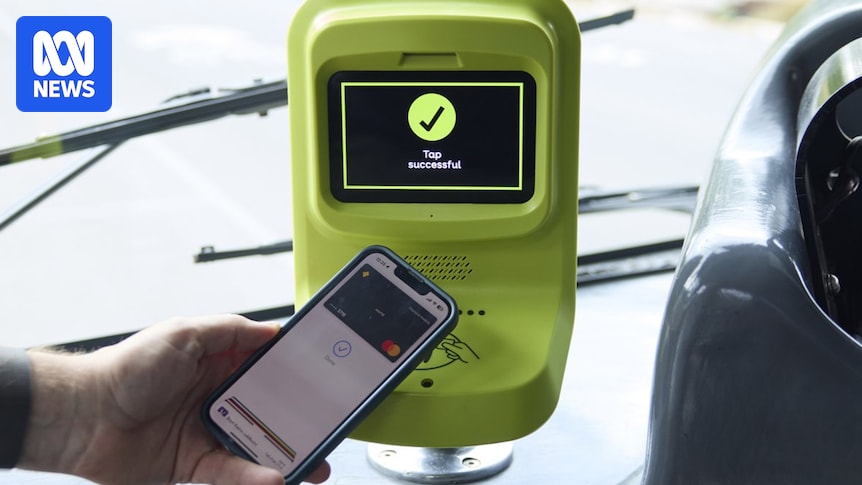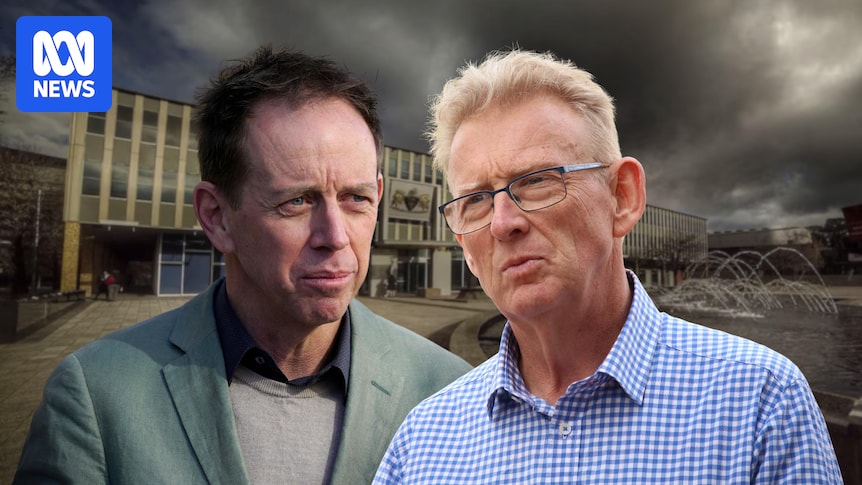
Federal police officers in Australia are set to receive new legal protections allowing them to possess and share child sexual abuse material as part of efforts to target sex offenders online. This legislative change aims to ensure that investigators are not committing criminal offenses themselves while conducting these sensitive operations.
This week, the parliamentary joint committee on intelligence and security approved amendments to telecommunications laws. These changes include new rules for handling child abuse material during controlled operations, providing law enforcement officials with necessary indemnities.
Legal Framework and Operational Changes
The updated laws will shield officers from criminal responsibility and civil liability, enabling them to effectively combat child abuse syndicates that often operate in the hidden corners of the internet. Undercover investigations may require officers to assume the identity of a paedophile online, trading in illicit material to gain credibility and gather evidence against real-world offenders.
These changes will allow officers to access, possess, modify, and transmit illegal material, such as photos, videos, text, and audio. However, the legislation strictly prohibits the creation of child abuse material through direct harm to a child, which would constitute additional sexual offenses.
Operational Scenarios and Safeguards
Officers may find themselves administering or moderating online forums to infiltrate syndicates and collect evidence. This could involve building rapport with participants to secure their trust. However, each operation will require approval from a qualified authorizing officer within the agency.
The Department of Home Affairs highlighted the urgency of these changes, linking them to recent high-profile allegations against childcare workers in Victoria and New South Wales. The department noted the community’s demand for swift legal reforms to protect children better.
Scale of the Problem and Law Enforcement Response
The scale of child sexual abuse in Australia is staggering. In the 2022-23 financial year, the Australian Centre to Counter Child Exploitation’s child protection triage unit received over 40,000 reports, including images and videos of children being sexually assaulted or exploited.
In the same period, the Australian Federal Police charged more than 185 offenders with 925 child exploitation-related offenses. Over 140 victims were identified, and 545 referrals were made to law enforcement agencies across Australia.
State and territory police forces, such as Queensland’s Taskforce Argos, already operate under similar legal frameworks. Taskforce Argos famously ran one of the dark web’s largest child abuse sites undercover, leading to numerous arrests and rescues worldwide.
Government’s Commitment and Legislative Support
Home Affairs Minister Tony Burke introduced the legislation to parliament in August, emphasizing the need to update electronic surveillance and law enforcement rules to keep pace with technological advancements. “Our government’s commitment to create a nation where everyone can be safe and feel safe must include cyber and telecommunications systems,” Burke stated.
He described the changes as technical but essential, providing “clarifications to ensure that the agencies that keep our nation safe can continue to do so in an era of rapid technological development.”
The parliamentary joint committee on intelligence and security, comprising senior Labor and Liberal MPs, recommended the legislation pass unamended, reflecting bipartisan support for these critical updates.
Looking Forward: Implications and Next Steps
As the legislation moves forward, it represents a significant step in empowering law enforcement agencies to tackle the pervasive issue of child sexual abuse. The enhanced legal protections are expected to bolster ongoing efforts to dismantle child abuse networks and bring offenders to justice.
While these changes mark progress, they also underscore the complex ethical and operational challenges faced by law enforcement in the digital age. The balance between effective policing and safeguarding civil liberties will remain a central theme as Australia continues to refine its approach to combating online child exploitation.






